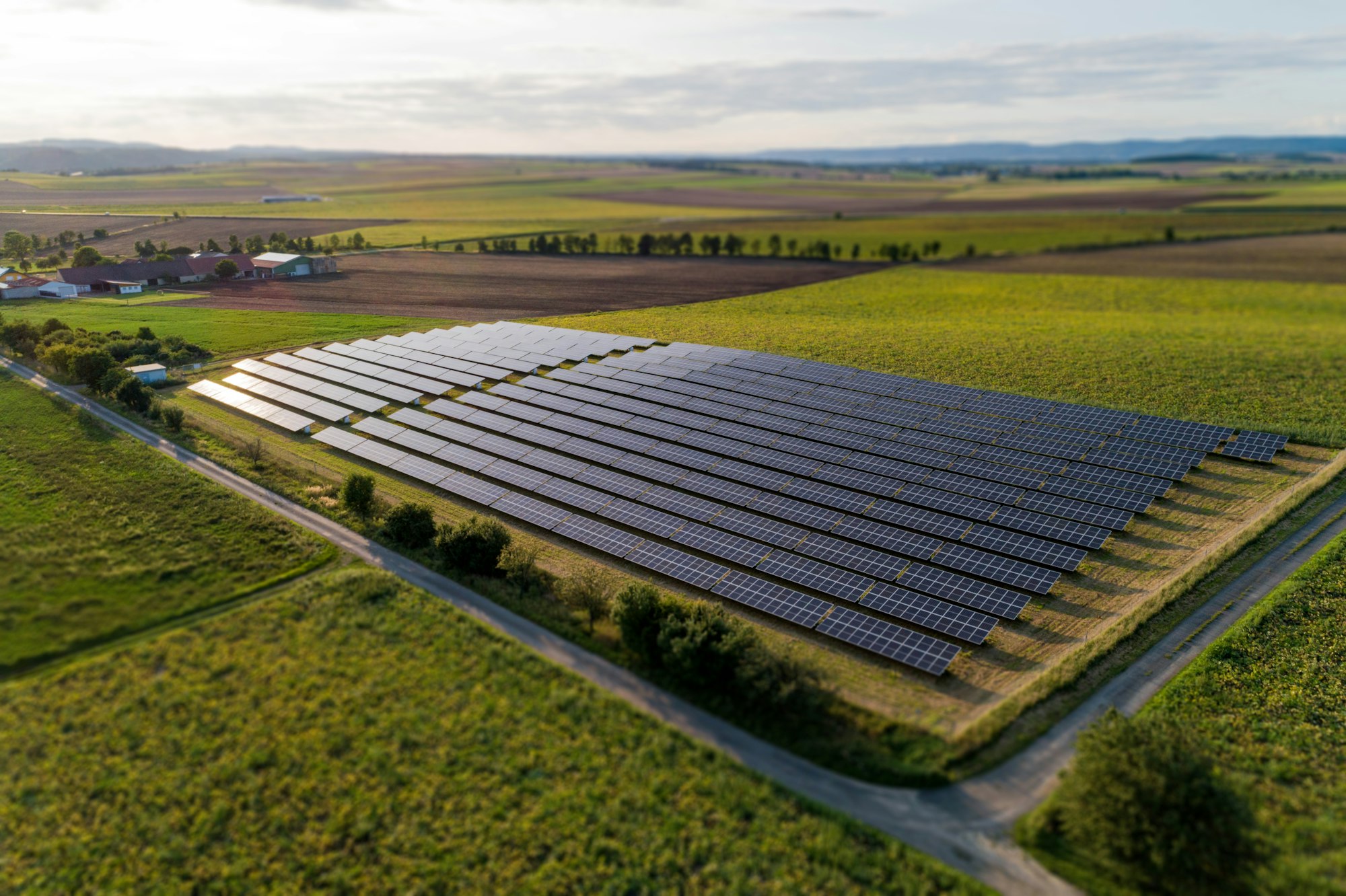
In an era defined by climate change, renewable energy sources are emerging as the cornerstone of a sustainable future. Among these, solar energy stands out as a shining beacon of hope, offering limitless potential to power our world while mitigating the impacts of fossil fuel dependence. As we embark on a journey towards a clean energy future, let’s delve into the promising advancements and transformative trends shaping the future of solar energy.
1. Technological Innovations
The future of solar energy is brightened by continuous technological innovations that are driving down costs, improving efficiency, and expanding the applicability of solar power. Breakthroughs in photovoltaic (PV) cell technologies, such as perovskite and thin-film solar cells, promise to enhance energy conversion efficiency and reduce manufacturing costs. Meanwhile, advancements in energy storage solutions, such as battery technology and grid-scale storage systems, are enabling the integration of solar energy into the broader energy landscape, providing reliable power even when the sun isn’t shining.
2. Solar Farms and Utility-Scale Deployment
The scale of solar energy deployment is expanding rapidly, with solar farms and utility-scale installations becoming increasingly prevalent around the world. These large-scale projects leverage economies of scale to deliver cost-competitive electricity to utilities and consumers, driving the transition away from fossil fuels and towards a clean energy future. As the cost of solar continues to decline and the efficiency of PV technology improves, solar farms are poised to play a pivotal role in meeting growing energy demand while reducing greenhouse gas emissions and air pollution.
3. Distributed Solar and Rooftop PV
In addition to utility-scale deployment, distributed solar energy generation, including rooftop photovoltaic (PV) systems, is gaining traction as a viable solution for homeowners, businesses, and communities to generate their own clean energy. With falling installation costs, favorable policies, and innovative financing models such as solar leasing and power purchase agreements (PPAs), rooftop solar is becoming increasingly accessible and affordable. By decentralizing energy production and empowering consumers to become prosumers, distributed solar has the potential to democratize energy access and catalyze a grassroots movement towards energy independence and resilience.
4. Solar Integration and Smart Grids
As the share of solar energy in the energy mix continues to grow, the integration of solar power into existing energy infrastructure becomes increasingly important. Smart grid technologies, including advanced metering systems, demand response programs, and real-time energy management systems, enable dynamic balancing of supply and demand, maximizing the value of solar energy and optimizing grid reliability and stability. Additionally, innovative grid integration solutions such as virtual power plants (VPPs) and peer-to-peer energy trading platforms facilitate the seamless integration of distributed solar resources into the grid, unlocking new opportunities for energy optimization, flexibility, and resilience.
5. Solar Energy and Sustainable Development
Beyond its environmental benefits, solar energy has the power to drive sustainable development and socioeconomic progress, particularly in underserved communities and developing countries. Through initiatives such as off-grid solar electrification, solar-powered water pumps, and microgrid solutions, solar energy can improve access to clean, affordable energy, enhance livelihoods, and catalyze economic growth while reducing reliance on fossil fuels and alleviating energy poverty. By harnessing the transformative potential of solar energy, we can create a more equitable, prosperous, and sustainable future for all.
Conclusion
The future of solar energy is radiant with promise, offering a pathway towards a cleaner, brighter, and more sustainable world. Through technological innovation, policy support, and widespread adoption, solar energy has the potential to revolutionize the global energy landscape, powering our homes, businesses, and communities with clean, abundant sunlight. As we embrace the sun’s limitless energy potential, let us harness its power to illuminate tomorrow and pave the way towards a brighter future for generations to come.




